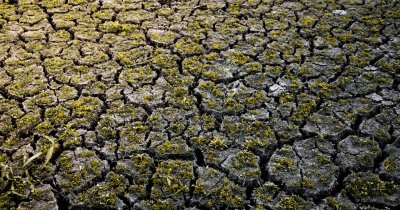Euronews.green reports that these are the findings of experts at the European Environment Agency (EEA), who claim that out of the 19.000 climate protection plans examined, 91% resort to using nature's offerings. Thus, maintaining parks, urban forests and facilitating natural water retention, with the help of trees and green spaces, are some of the most popular measures implemented by authorities.
These solutions don't only offer flood protection, experts say, but they also provide citizens with great recreational spaces, as well as contribute to lowering the pollution levels and the temperatures, overall. However, due to the magnitude of climate change nowadays, other solutions must be implemented, as well, infrastructure-wise, to make sure our cities are protected.
Alternative transport, such as the bicycle, and promoting hybrid and electric vehicles are two other measures that will play a huge role in reducing the temperature and pollution levels in packed European cities.
Ine Vandecasteele, an expert on urban adaptation at the EEA, said that "capital and larger cities are usually frontrunners as they have great financial and technical capacities to work on adaptation, and may even be more ambitious than the national level on climate action."
As the population grows, so does the need for new buildings, but cities like Ghent in Belgium are already limiting how much construction companies are allowed to build, not to mention the fact that they need to make sure that the surrounding area is not just concrete and asphalt, but also green spaces.
Climate adaptation needs to be tailored to each city and the region it is located in, such as cities around the Mediterranean Sea, which are more severely impacted by heatwaves and lack of rainfall.
"For example, in tackling increasing heatwaves in southern European cities, or greater variability in rainfall and storms in western and northern Europe. There is a strong need for networking and peer-learning - best practices can and need to be shared", Ine said.
Recently, some of the world's largest climate monitoring organizations recently reported that Europe is the fastest-warming continent on Earth, its temperatures rising at a rate of nearly double compared to other regions.
Climate experts at UN's World Meteorological Organization and the European Union's climate agency, Copernicus, believe that European states still have a great opportunity to start developing on renewable power, such as wind and solar, in an effort to mitigate climate damage. In 2023, 43% of Europe's electricity was generated by green sources, compared to 36% a year before that, with renewables taking over fossil fuels for the second year in a row.
 Mihai - Cristian Ioniță
Mihai - Cristian Ioniță












Any thoughts?